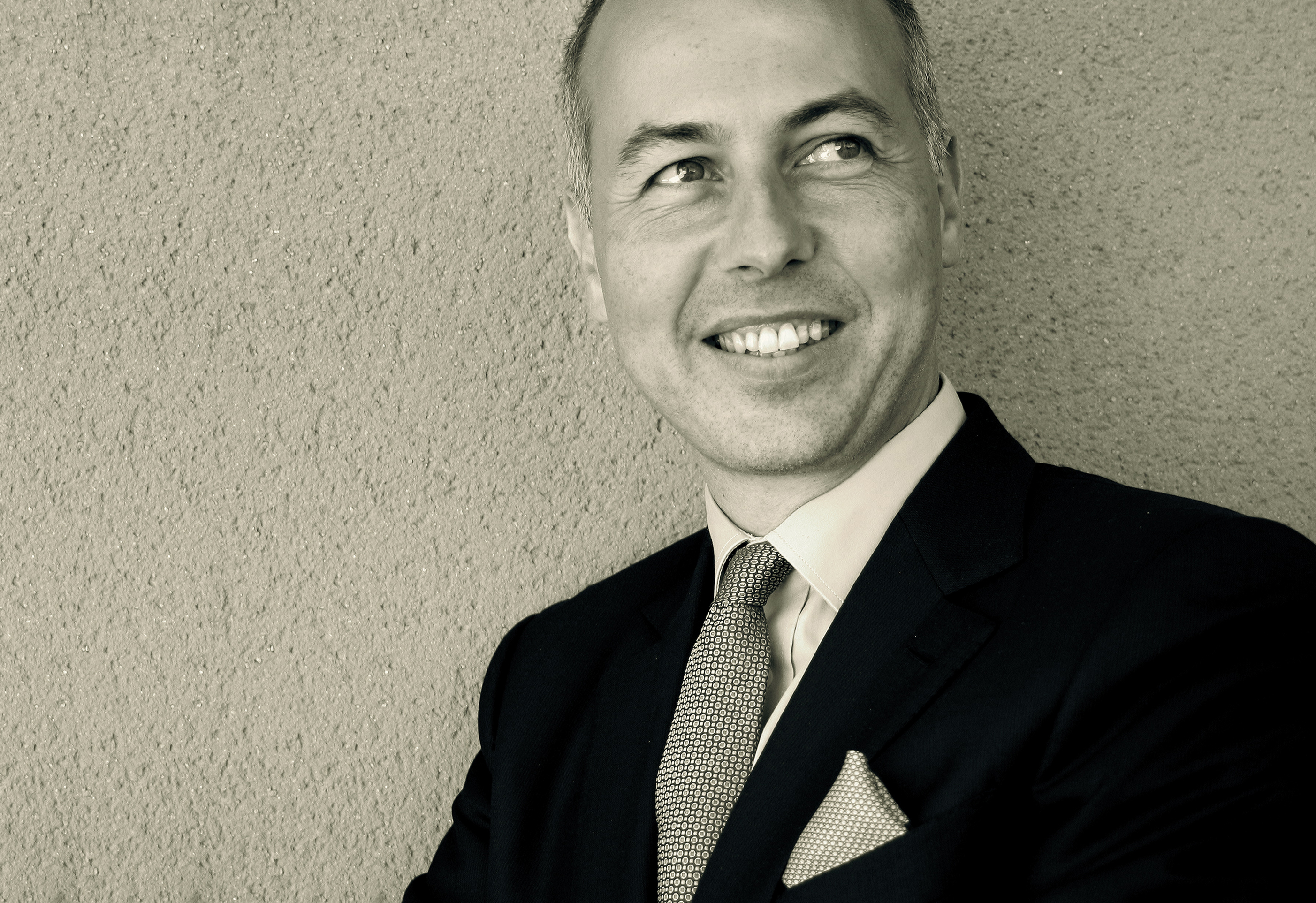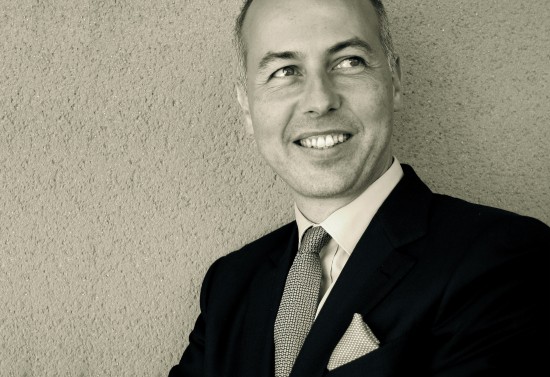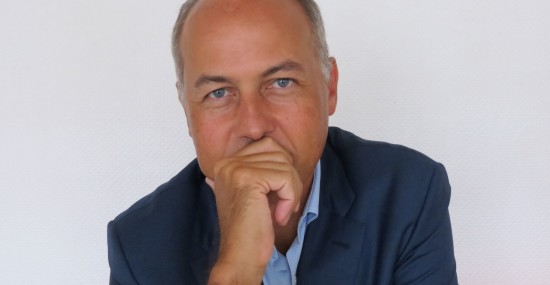For more than twenty years now, every autumn has carried me—not out of habit but out of faith—towards two cities that might seem irreconcilable and yet speak in unison: Trier and Beaune. Two names steeped in history, two wine auctions unlike any others (each a defining moment in the vintner’s calendar), and both affirming a common devotion to the art of the vine. The first, resting on the banks of the Moselle, still breathes the grandeur of Rome and celebrates the crystalline elegance of its Rieslings. The second, at the heart of Burgundy, animates the stones of its Hôtel-Dieu, where since the fifteenth century wine has embodied both compassion and legacy. Two auctions (two celebrations, I should rather write), two rituals, one language: wine as a living witness to the world’s beauty. And the expression of a civilisation that still believes in the beauty of craft and the truth of taste.
In Trier, the Moselle unfurls its ribbons of slate and stone, where Riesling has found, for centuries, its own accent of eternity. This discreet yet cultivated event pays homage to the German viticultural heritage and to the patient artistry of those who serve it. It reminds us that Europe’s wine culture is measured not by market power but by the depth of its roots. In the shadow of Roman basilicas and slate-covered hills, wine is celebrated as a spiritual as much as a sensory inheritance. Trier is living memory fermenting still.
In Beaune, devotion takes another form. Since 1443, the Hospices auction has stood as a charitable gesture turned global rite—a Burgundy tradition binding taste to grace. The barrels auctioned there are not merely vintages but fragments of history, bearing the names of those who once gave in order to serve others. The proceeds sustain hospitals, heal the body as the vine heals the soul. Here, wine becomes France’s quiet dignity: the art of transforming vineyard into virtue, harvest into hope.
I return year after year because these moments preserve what the world forgets: that wine is not a consumer good like others but a living heritage. It unites nature and culture, time and craftsmanship, gesture and memory. It is a collective work, a dialogue between humankind and the earth, conducted across millennia. And like every true conversation, it cannot be translated—for it belongs to no tongue. It is the tongue.
In a world bent on uniformity, wine remains one of those rare idioms that civilizations share without copying. In Trier as in Beaune, I hear again the quiet music of place, that accent no one can mimic without betrayal. To attend is to resist amnesia, to honor slowness, patience, and transmission. Ultimately, wine cannot be bought—it must be understood, heard, and lived.
*The 2025 Trier Auction will take place on Friday, November 7.
** The 2025 Hospices de Beaune Auction will take place on Sunday, November 16.
Contactez Guillaume Jourdan via LinkedIn



